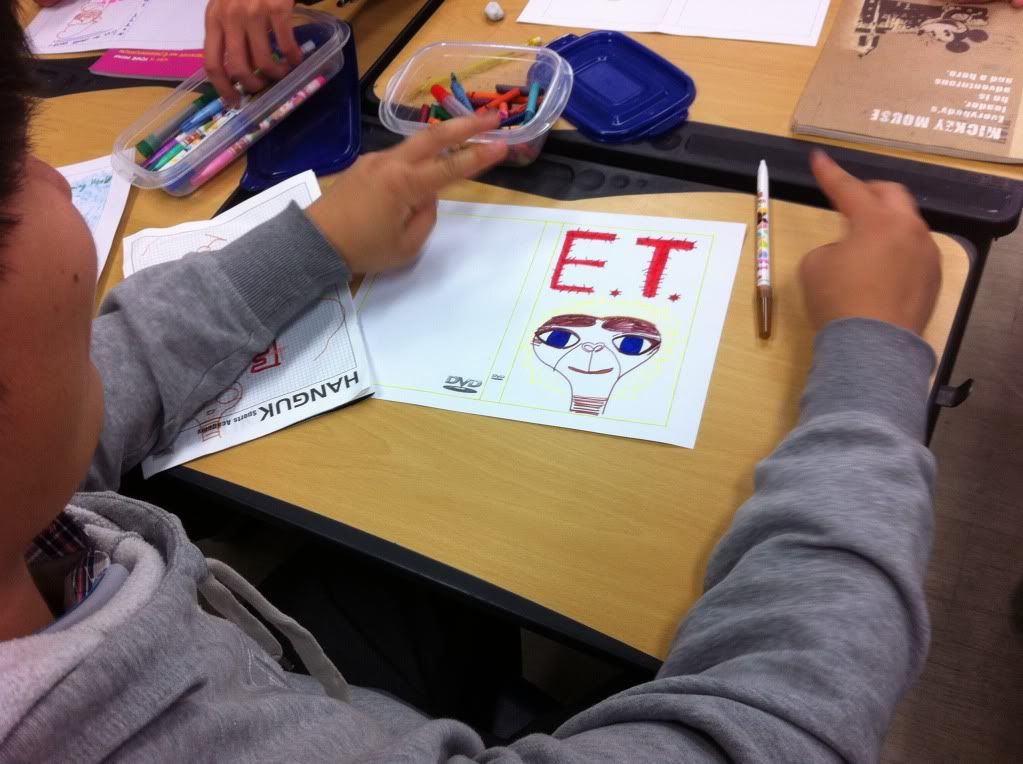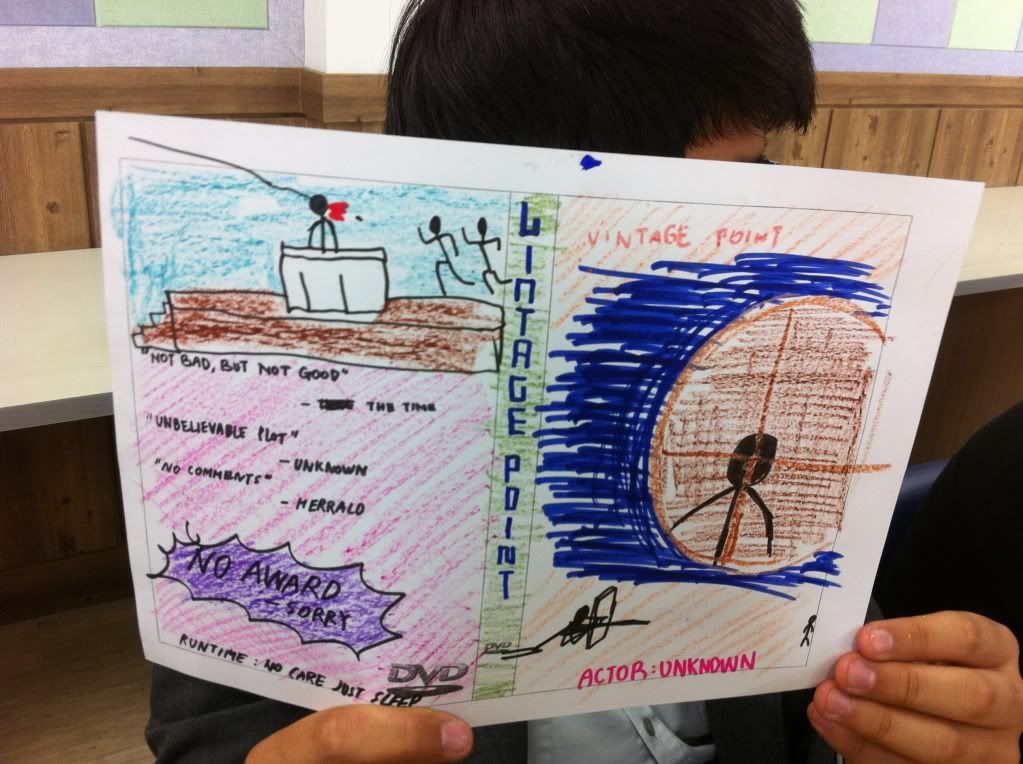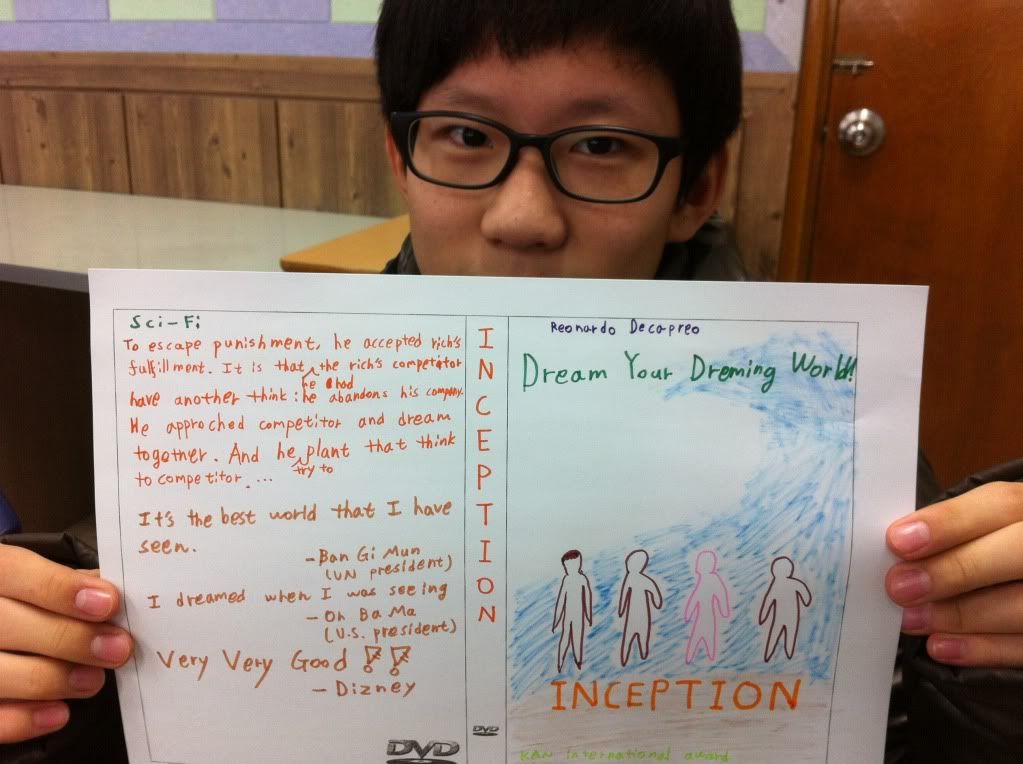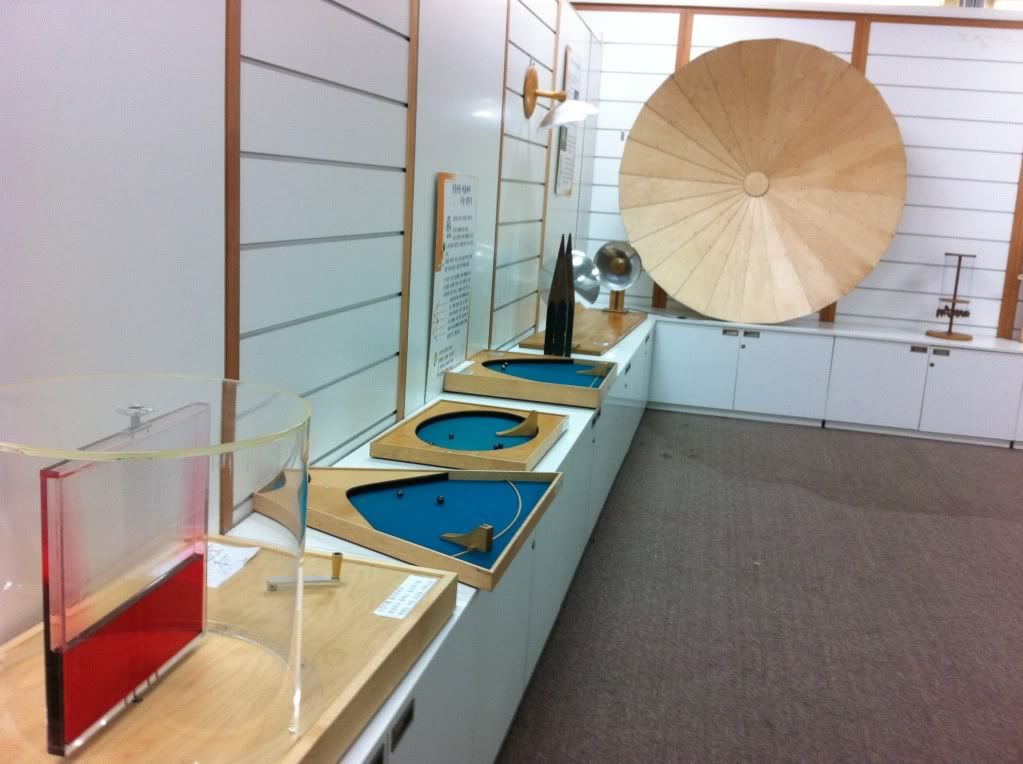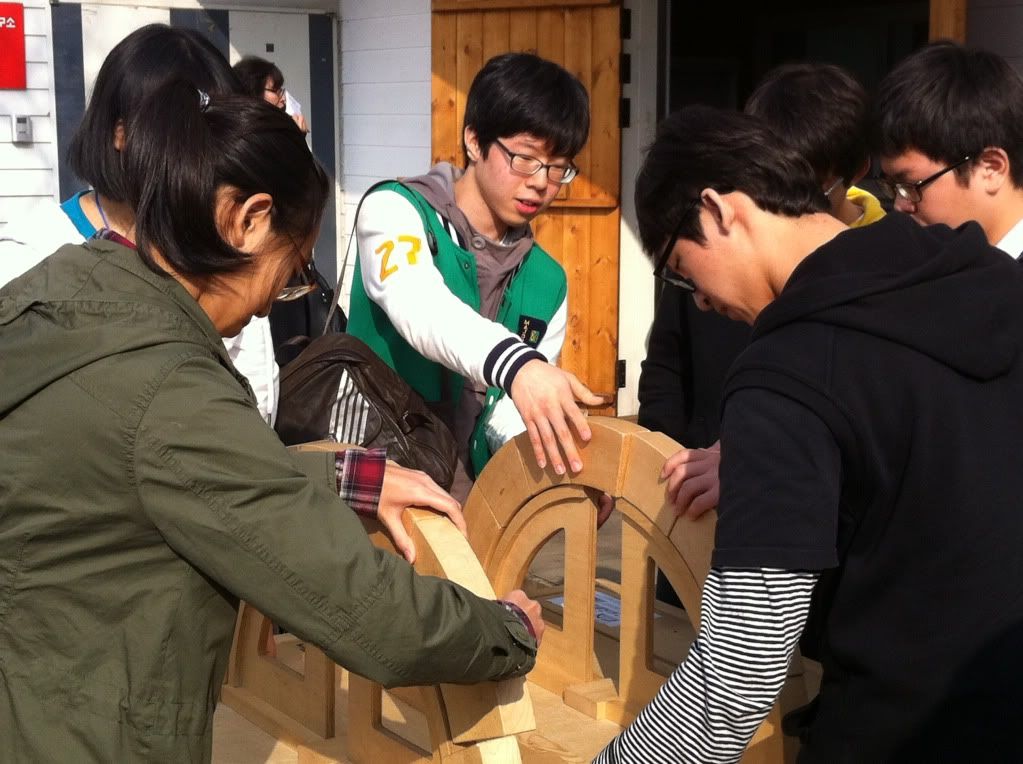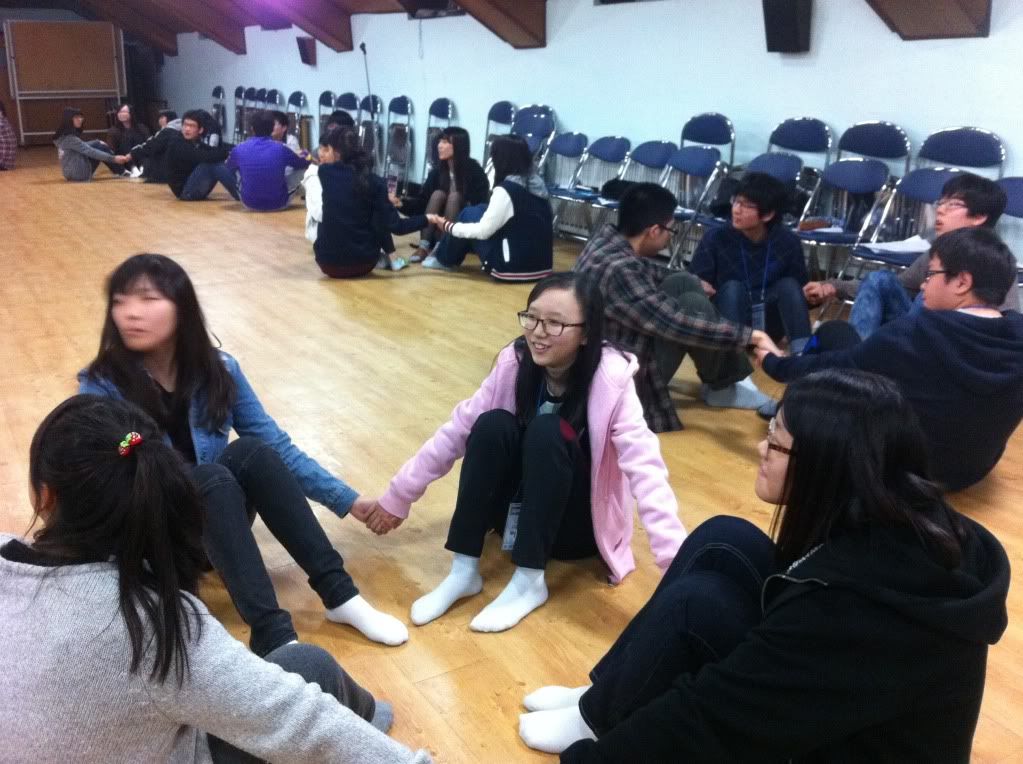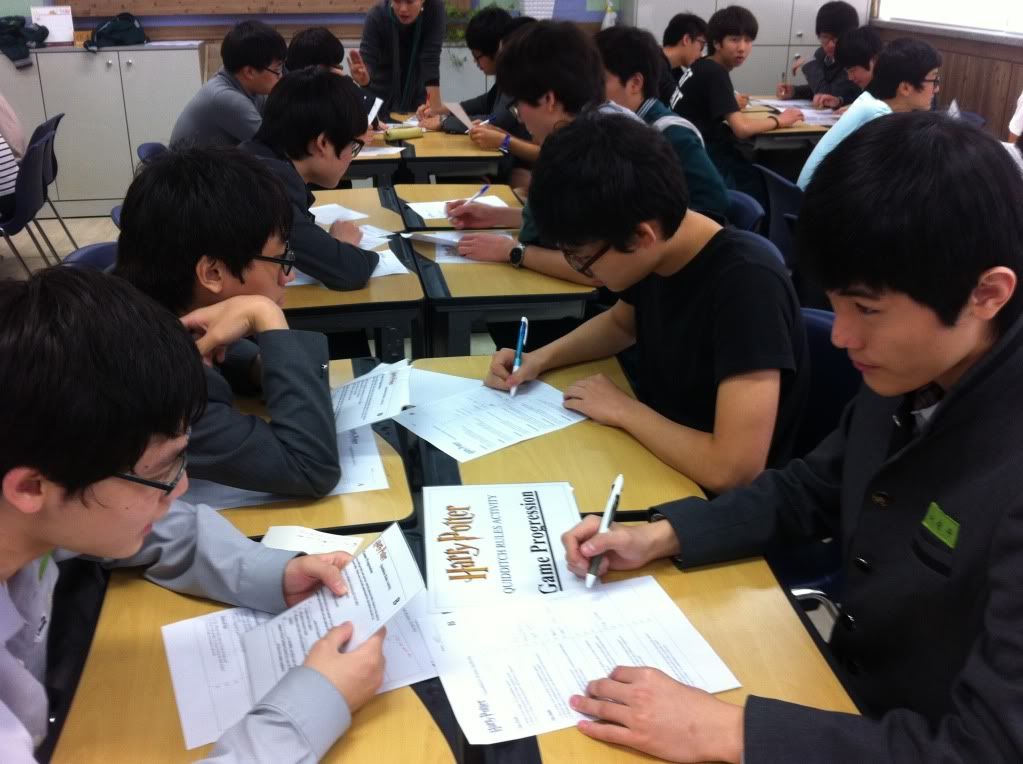I count four stories of interest in the week's online editions of the main rags. First up, do politics and education make good bedfellows?
Here's a great quote from a university student Choi, a law student who declined to give his full name to the
Korea Herald for its story:
“One of my professors focuses too much on his political activities. Thus, his students, including myself, feel he has been negligent of his duty to teach and do research,” he said.
“Fortunately, his political views were quite similar to mine, so I was not offended. But many others with different views might have been annoyed when he expressed his views during his class.”
I imagine they might be, yes. The article, or thinly-disguised editorial by one of the right-leaningest paps, decries the involvement of popular professors, or "polifessors" [ugh] in the Seoul mayoral election to replace Oh Se-hoon.
One wonders if the story would have hit the presses had not Park Won-soon gotten the nod of the electorate, and pushed the poltical landscape a little further to the left than the KH editorial board likes. Park was an independent candidate, but with decidedly leftist tendencies.
In America, by comparison, Fox News and other right-leaning media doesn't utter a peep when, say, Georgia State University professor Newt Gingrich attempts to wield influence, but let a Barak Obama run for office, it's all effete intellectual professors of law trying to destroy the country...
So what do Korean university bosses think or say about this? Any policies guiding politics in the classroom? Apparently not, as:
Some critics also pointed out that as most professors joining politics and public service take a long leave of absence from their schools, young scholars cannot find permanent positions despite the vacancies.
Universities appear to be reluctant to take them off their payrolls as their activities in high-profile public positions help promote their schools.
Second, a weird story from Gwangju in Jeollanam-do, regarding a parent that injured himself in front of a group of teachers while complaining about treatment his daughter had received while being reprimanded by a teacher at the school.
According to the
KT report, he had picked up a chair as if to attack the teacher during a meeting, then decided to use a tape dispenser, with which he cut himself. The father later apologized, and no charges were filed.
I am unclear about who the charges would be filed by in this, but in America, it's altogether possible the father would sue the school for having dangerous weapons like tape dispensers at hand.
Joong-Ang Daily had the only story I found on the Bureau of Audit and Inspection's report on university finances. Which is odd, because it's a blockbuster that should play into the hands of those who want to stymie the power of the education elites here. In essence, top managers at numerous schools have defrauded them of monies ranging from thousands to over ten million US dollars!
Not surprisingly, some universities take umbrage with the "interim report", complaining among other things that it's none of the government's business what they do with non-government money.
To be fair, academic independence is critical to a democracy, but that independence precludes both government and other power-brokers from excessive fiduciary entanglements. Also, when faculty members subvert the application process in favor of faculty children, that's particularly appalling here, where the application process is such a gauntlet. Speaking of which ...
The
Suneung 수능 exam will take place this Thursday; it is the Korean SAT, offered once a year, and the only chance for most high school seniors to get into university.
It is not the only way, however, as some top students can get in via the "admission officer" system devised by the current administration to recognise superior students; and the early admissions system, which is much the same, and consists of a series of high-stress interviews with admissions officers.
I have been helping one of my students prepare for this exam process during periodic lunch breaks and free periods in the last few months: I give him a topic, a question and five minutes; he gives a five to seven minute response, including follow-up questions; then we debrief his answers.
He is an extremely bright kid with outstanding English skills, and while he got a lot better during this process, I can't take much credit. At the end of last week, he informed me that he got admission into his first choice, the Underwood International College of Yonsei--among the most prestigious placements in all of Korea.
Anyway, I mention this to bring you up to speed on the
following story, about a kid with "sixth-grade scores" meaning "bottom forty percent of his school" who got into Hanyang University, one of the top schools, which requires "first-grade" scores. (My student 외수 earned "first-grade" scores at Young-il.)
Lee Kyu-hyeok used the admissions officer system to by-pass the
suneung. Bribes? Powerful family? Blackmail? Creating an innovative software program that improves the performance of smartphones?
“When I was a senior at middle school, I bought the Blackjack Samsung smartphone. But it was too slow and sometimes stopped operating. I began work to repair it and made Kyuhyeok Rom. I thought it would be useful for other people, I distributed the software via the Internet blog, http://kyuhyuk.kr,” Lee said.
I'm not sure how well this guy will do in college, but I'm glad to see any signs that the
suneung is losing its vice-like grip on the Korean educational system. Perhaps someday, English classes will teach students to actually speak English rather than to prepare for a nitpicky hour of grammar questions that are unrelated to English usage.




